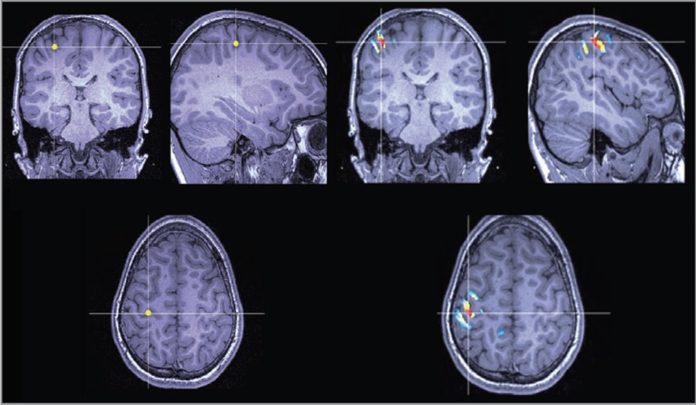Almost one out of three patients encounter no alleviation from drugs and are a possibility for a medical procedure. Scientists at Yale University now use a technology called magnetoencephalography or MEG in a novel way.
The technique measures small amounts of magnetic-electrical activity on the surface of epileptic brain areas. According to scientists, this will empower specialists to all the more correctly target zones of the cerebrum causing weakening side effects in a subset of these patients.
Recording of seizures during routine MEG in some surgical candidates can help precisely identify affected areas of the brain and, in a few cases, even negate the need to conduct invasive intracranial EEG evaluations prior to surgery.
The lead author of the study published June 11 in the journal JAMA Neurology is Dr. Rafeed Alkawadri, assistant professor of neurology at Yale and director of the Yale Human Brain Mapping Program. Dr. Andreas Alexopoulos of the Cleveland Clinic is the senior author of the paper.
